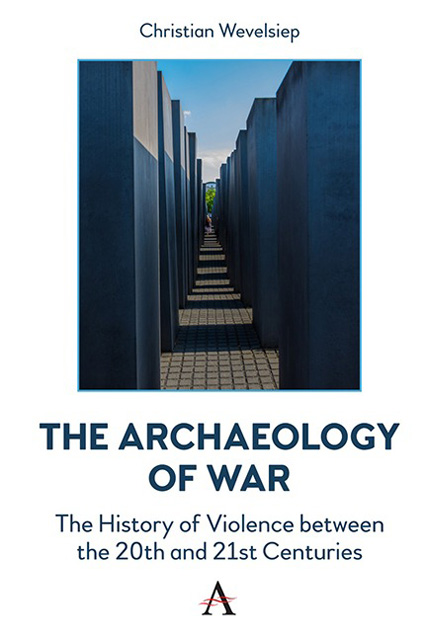Introduction: Understanding the Violence
Published online by Cambridge University Press: 17 October 2023
Summary
A Form of Critical Philosophy of History
Another history of violence? Has violence not been sufficiently and extensively explained? Is it not before our eyes in the countless books, so that we would only have to ‘inform’ ourselves accordingly? What is the point of reconstructing history if we cannot expect something fundamentally new that leads beyond the known abysses of the history of violence?
History is full of dark shades that reach into the present. The past, however, does not stand still but forces each generation to look up and take a close look. Hot and cold procedures of memory bring this history to life. In the centre of the present discussion, these procedures are to be expanded by a special approach. The dark spots of history that are being talked about here are significant – they accompany us in all present actions. In a very generalised form, it is about visualising, perceiving and coping with the violence of past times. Violence has shaped past eras, and war has shown its many faces differently in each age. However, this violence has also been perceived as an evil in the long run and has been fought with serious initiatives.
The attempts to nurture war and make peace possible lead us to a difficult point in history. It is possible that we are at a point where the relations of violence need to be reinterpreted differently. But it is also possible that violence has only changed its face, giving rise to new narratives of violence.
The preconditions of such a history of violence are not simple. First of all, we assume a uniformity and generality that conditions the frivolous talk of a history: an ‘we’ stands in this history as the subject of action and a continuous line is drawn from the past to the present. In this respect alone, the present work exposes itself to various reproaches. Humanity as a collective subject is a mere insinuation – and to the same extent history should not look beyond particular cultures. In order to counter these possible critical objections, several points need to be clarified, which at the same time leads to the methodological premises of what follows.
- Type
- Chapter
- Information
- The Archaeology of WarThe History of Violence between the 20th and 21st Centuries, pp. viii - xxivPublisher: Anthem PressPrint publication year: 2023

